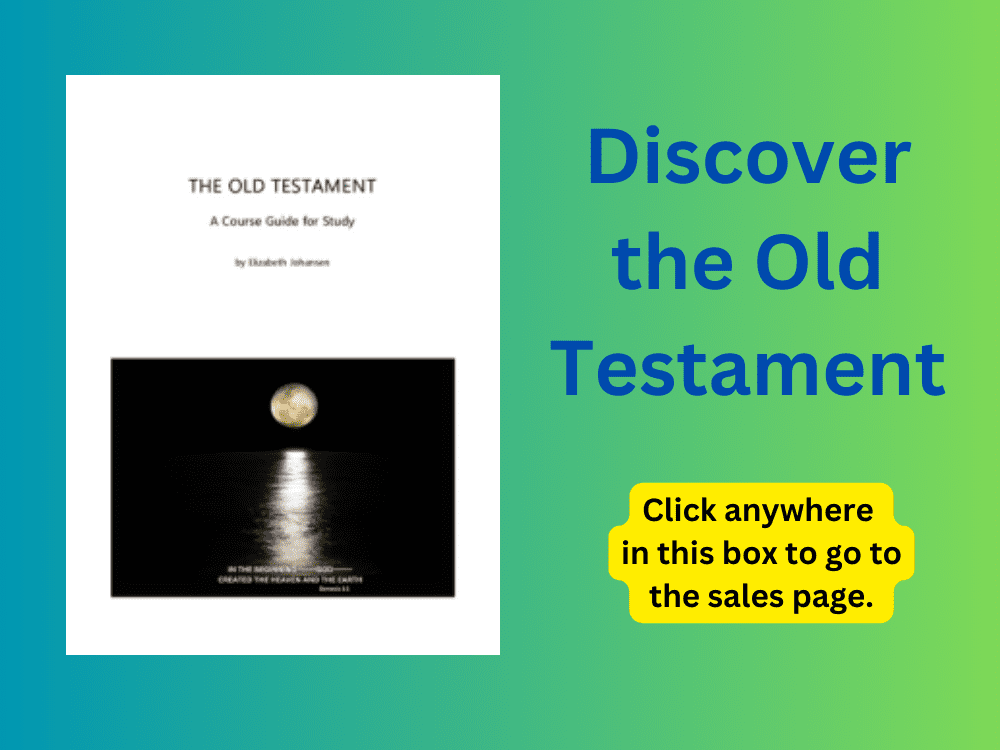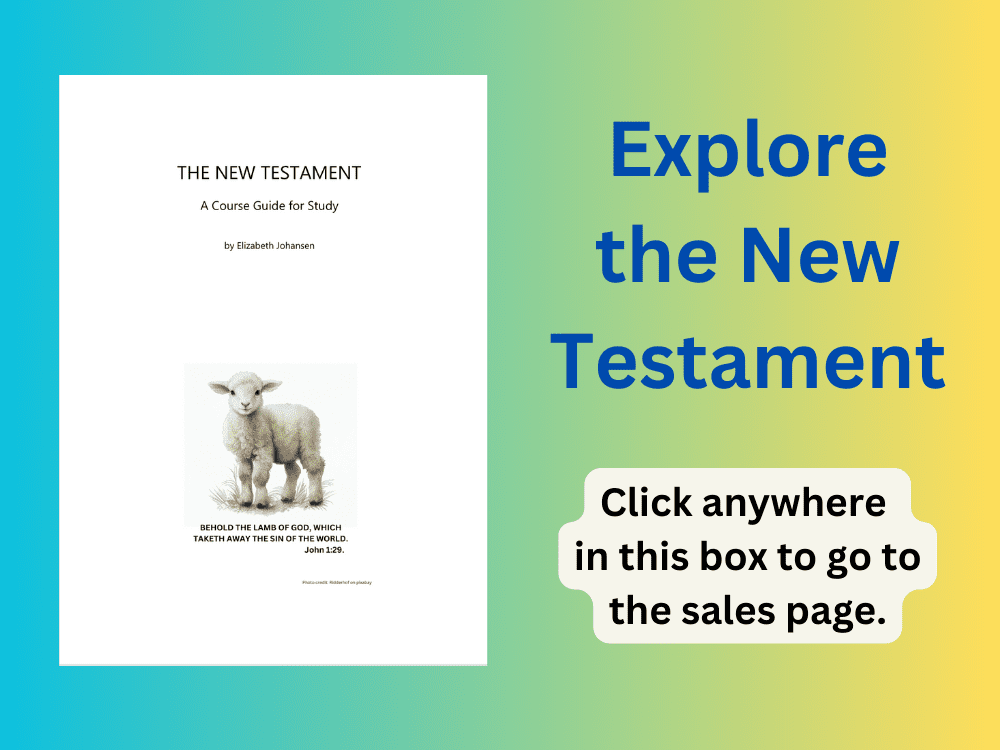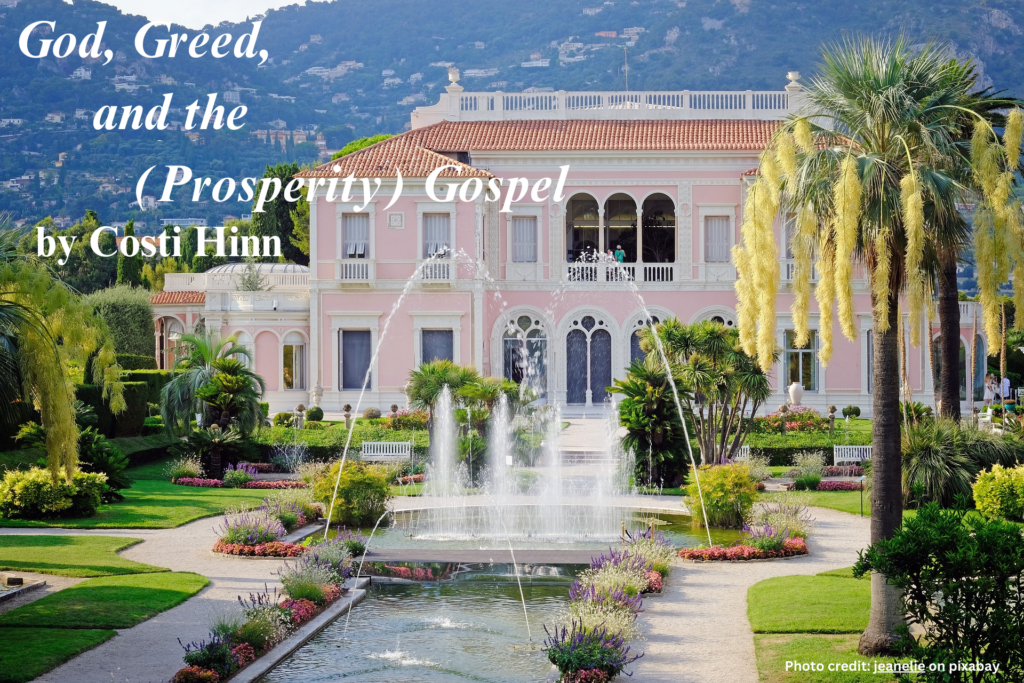Key Takeaways
- Personal reactions to the book and my experience with the prosperity gospel
- The prosperity gospel promises wealth and health through faith but often exploits believers.
- Costi Hinn, once part of this movement, now critiques it and seeks to share a more grounded faith.
- Key figures in the prosperity gospel have significant influence and often amass substantial wealth.
- The movement has deep cultural and spiritual impacts, often leading to disillusionment.
- Understanding the difference between prosperity preaching and traditional Christian teachings is crucial.
Costi Hinn’s book breaks my heart
Costi Hinn’s book God, Greed, and the (Prosperity) Gospel could easily bring you to tears. He describes broken, hopeless invalids arriving with excitement and expectation to healing services, only to leave the way they came – still broken and now more hopeless than before.
And then there are the poverty-stricken souls whose pennies, nickels, dimes, and dollars finance the preacher’s posh homes and deluxe jets. According to the prosperity preacher’s sermon, these impoverished believers should be building their own financial kingdoms through their sacrificial giving. Instead, their sacrificial giving is multiplying their scarcity.
Do these facts mean God loves the prosperity preacher more than He loves the crippled man who hobbles to the service on crutches and hobbles away in tears? Or the desperate widow who puts her last $100 in the offering plate and never sees a penny’s worth of blessing for her sacrifice?
Questions
These are the questions Costi Hinn faced, as he enjoyed a lavish lifestyle at the expense of the congregants in the audiences of his father and his uncle. At first, he fed himself the party line – it’s their own fault for not having enough faith. But as he matured, studied the Bible, and watched his family’s dogma crush his fiancé’s health and vitality, he began to revise his picture of reality and spirituality.
I dealt with similar questions during the years I was incarcerated in charismatic doctrine. I’ll never forget one gentle, faithful woman I’ll call Jewel who had an unusual lung disease. Doctors couldn’t help her, so God was her only hope. She prayed and trusted and confessed healing with all her heart.
Nothing helped. Her condition worsened, as her guilt flourished. Was there some unknown sin blocking her healing? Why couldn’t she marshal the faith she needed to overcome her sin and activate her healing? What was wrong with her?
Finally, she had no choice but to change churches. She had to find a place to worship where every service didn’t destroy her dignity and fracture her faith.
I can tell you with conviction that nothing was wrong with Jewel except her decision to listen to that poppycock. But of course, at the time, I was listening to it, too.
I’ve Got a Secret – NOT!!!
As I was working on this blog, a memory flitted across my mind. Back in my B.A. (Before Audible) days, I used to check out books on CDs at the library. One of the books I randomly chose and listened to was The Secret. At the time, I didn’t really understand it, but I was pretty sure it contradicted Scripture, so I wasn’t interested.
Since then, I’ve come across comments about “The Secret” or the “law of attraction” occasionally. And so, as I was reading a fascinating interview with Benny Hinn on the website “Books at a Glance,” it dawned on me that the prosperity gospel sounds like the law of attraction. (Read the interview with Hinn here.)
I did some quick research on the book. The Secret was written by Rhonda Byrne and published in 2006. According to Wikipedia, it has been translated into 50 languages and has sold over 30 million copies.
Apparently the “law of attraction” is the “secret,” which claims the UNIVERSE will give you whatever you focus your thoughts on. So you attract all your hopes and dreams with your thoughts.
The prosperity gospel – also mockingly referred to as “name-it-and-claim-it theology” – works in a similar way. Two differences are that you repeatedly quote (or twist) Scriptures that apply to your need. And you rely on God instead of the Universe for help.
With 30 million+ buyers of The Secret and the prosperity gospel supporting its preachers in luxury, I’m thinking Julius Caesar was right when he said, “Men willingly believe what they wish.”
In other words, whether you’re talking about the prosperity gospel or “the secret,” it’s easy to understand the popularity of the concept. We want to believe it, so we latch onto it and do everything in our power to make it reality.
But the fact is that God can’t afford to honor the so-called “prosperity gospel.” Trying to turn the Almighty Creator of the universe into a genie in a bottle is NOT what the Gospel is about. God won’t stand for such disrespect, and we shouldn’t either. Our Lord and King deserves our honor, praise, worship, and glory, not presumption and flippancy.
God bless Costi Hinn for his courage and transparency. Let’s take a deeper look at the masterful book he has written.
The Impact of the Prosperity Gospel
The prosperity gospel is a movement within some Christian circles that promises financial success and physical well-being as signs of God’s favor. It suggests that through faith, positive speech, and donations, believers can unlock material blessings. While this message can be appealing, it raises significant ethical and theological concerns. Critics argue that it preys on the vulnerable, encouraging them to give money they cannot afford in hopes of divine reward.
The Core Message Explained
At its heart, the prosperity gospel centers on the belief that God wants believers to be rich and healthy. This message is often supported by a selective reading of scripture, emphasizing verses that speak of abundance and prosperity. Preachers of this gospel often promise that faith, coupled with financial contributions to their ministries, will lead to personal prosperity.
Key Figures and Influences
The prosperity gospel has been popularized by several high-profile televangelists. These figures often lead large ministries with significant media presence, reaching millions of followers worldwide. They are known for their charismatic preaching and luxurious lifestyles, which they claim are blessings from God. However, their wealth often comes under scrutiny, with critics questioning the ethics of their financial practices.

Cultural and Spiritual Implications
The prosperity gospel has a profound impact on both individual believers and broader cultural perceptions of Christianity. For many, the promise of wealth and health is a powerful motivator, leading them to invest heavily in the teachings of prosperity preachers. However, when the promised blessings do not materialize, it can lead to disappointment and a crisis of faith.
Costi Hinn’s Personal Journey
Costi Hinn, the nephew of famous televangelist Benny Hinn, grew up deeply entrenched in the prosperity gospel. His family’s ministry was a global phenomenon, and Costi was a part of it from a young age. However, his journey took a significant turn as he began to question the teachings he once held dear. His reversal involved:
- Exposure to alternative theological perspectives.
- Personal experiences that contradicted prosperity teachings.
- A desire for a more authentic and grounded faith.
Growing Up in a Prosperity Gospel Dynasty
Costi Hinn’s upbringing was marked by luxury and privilege, the direct result of his family’s success in the prosperity gospel movement. From private jets to lavish homes, the Hinn family lived a lifestyle that most could only dream of. However, beneath the surface, Costi began to notice inconsistencies between the teachings he was promoting and the realities he observed.
Questioning and Transformation
- Costi’s time at Dallas Baptist University exposed him to new theological ideas.
- He began to see the disparity between the prosperity message and biblical teachings.
- Encounters with genuine expressions of faith led him to reevaluate his beliefs.
Costi’s transformation was not immediate. It was a gradual process of questioning and seeking truth. As he interacted with others who challenged his views, he became increasingly uncomfortable with the prosperity gospel’s promises. This period of questioning was pivotal in his journey towards a new understanding of faith.
Embracing a New Faith Perspective
Ultimately, Costi Hinn chose to leave the prosperity gospel behind. He embraced a faith that was less about material wealth and more about spiritual depth. This new perspective emphasized humility, service, and a more traditional understanding of Christian teachings. Costi now works to share this message with others, hoping to guide them away from the pitfalls of prosperity preaching.
“I realized that true prosperity is found in a relationship with Christ, not in earthly riches.” – Costi Hinn
Costi’s story is a powerful example of transformation and redemption. It serves as a reminder that faith is not about what we can get from God, but about how we can live in alignment with His will.
Critique of the Prosperity Gospel
The prosperity gospel faces significant criticism for its focus on material wealth as a sign of divine favor. Critics argue that it distorts the true message of Christianity, which emphasizes spiritual richness over material gain. This focus on wealth can lead to a dangerous misunderstanding of faith, where success is seen as a measure of one’s spirituality.
Moreover, the prosperity gospel often overlooks the realities of life, such as suffering and poverty, which are integral to the human experience. By promising wealth and health as indicators of faith, it sets unrealistic expectations for believers, leading to potential disillusionment and spiritual crises when these promises go unfulfilled. For further insight into this topic, consider watching the 53-minute video at this site: Costi Hinn’s perspective on the prosperity gospel.
Exploitation of Vulnerable Communities
One of the most troubling aspects of the prosperity gospel is its tendency to exploit vulnerable communities. Many prosperity preachers target individuals who are already struggling financially, promising them a way out through faith and donations. This can lead to a cycle of giving that exacerbates financial difficulties, rather than alleviating them.
Theological Conflicts and Debates
The prosperity gospel is often at odds with traditional Christian teachings, leading to theological debates within the church. Many theologians argue that the prosperity gospel misinterprets scripture, taking verses out of context to support its claims. This has led to significant conflict within the Christian community, as believers grapple with differing interpretations of faith and prosperity.
For example, the emphasis on financial blessings can overshadow the core Christian principles of love, humility, and service. This shift in focus has sparked debates about the true nature of faith and the role of wealth in a believer’s life.
- Scriptures often cited include passages about God’s desire for abundance, but context is key.
- Traditional teachings emphasize spiritual over material wealth.
- Debates continue over the interpretation and application of these teachings.
These theological conflicts highlight the need for a more nuanced understanding of scripture, one that considers the broader context and the overarching message of the Bible.
Ethical Concerns and Financial Opacity
Ethical concerns also arise from the financial practices of prosperity gospel ministries. Many of these organizations operate with little transparency, leading to questions about how donations are used. Critics argue that the lavish lifestyles of prosperity preachers are funded by the contributions of their followers, raising ethical questions about the use of church funds.
Alternative Views on Wealth and Faith
While the prosperity gospel presents one view of wealth and faith, there are alternative perspectives that emphasize a more balanced approach. These perspectives prioritize spiritual growth and community service over material gain, offering a more holistic view of prosperity.
Understanding these alternative views can provide a more grounded and fulfilling approach to faith, one that aligns more closely with traditional Christian teachings.
Scriptural Interpretations on Prosperity
Scripture offers a variety of interpretations on prosperity, many of which focus on spiritual rather than material wealth. For instance, the Bible often speaks of the riches of wisdom and the blessings of a righteous life, emphasizing the importance of spiritual prosperity.
Balancing Material Wealth and Spiritual Wealth
Balancing material and spiritual wealth is crucial for a fulfilling faith journey. While financial stability is important, it should not overshadow the pursuit of spiritual growth and community service. Finding this balance involves reevaluating priorities and aligning them with core Christian values.
Models of Compassionate Faith
Compassionate faith models emphasize the importance of service and humility. These models prioritize the well-being of others and the community, encouraging believers to use their resources to help those in need. By focusing on compassion and service, believers can find true prosperity in their faith journey.

The Future of Prosperity Preaching
The future of prosperity preaching is uncertain, as the movement faces increasing scrutiny and criticism. However, its resilience and adaptability suggest that it may continue to evolve and find new ways to appeal to believers.
Trends within evangelical circles indicate a growing interest in more balanced and traditional approaches to faith, which could influence the future direction of prosperity preaching. As believers seek a more authentic and grounded faith experience, the prosperity gospel may need to adapt to remain relevant.
Ultimately, the future of prosperity preaching will depend on the ability of its leaders to address the ethical and theological concerns that have been raised. By embracing a more nuanced understanding of wealth and faith, the movement can continue to thrive while offering a more fulfilling and authentic faith experience.
Trends and Changes in Evangelical Circles
“The prosperity gospel is not just a theological issue; it’s a cultural phenomenon that reflects broader societal values of success and wealth.” – Dr. John Smith, Theologian
The landscape of evangelical circles is shifting, with a growing emphasis on authenticity and spiritual depth. Many believers are seeking a return to the core principles of Christianity, focusing on community, service, and spiritual growth. This shift is influencing how prosperity preaching is perceived and practiced.
In recent years, there has been a noticeable decline in the influence of some high-profile prosperity preachers. This is partly due to increased scrutiny and criticism of their teachings and financial practices. As more believers question the validity of the prosperity gospel, they are turning to alternative expressions of faith that emphasize a more balanced approach.
Despite these changes, the prosperity gospel remains resilient. Its promise of wealth and health continues to attract followers, particularly in regions where economic hardship is prevalent. This suggests that while the movement may be evolving, its core message still resonates with many believers.
As the evangelical community continues to grapple with these issues, it is likely that the prosperity gospel will adapt to meet the changing needs and expectations of its followers. This could involve a greater emphasis on transparency, accountability, and alignment with traditional Christian values.
Resilience of Prosperity Teachings
The prosperity gospel’s resilience lies in its ability to adapt and appeal to the desires and hopes of its followers. Its message of divine favor and material blessings is powerful, especially in times of economic uncertainty. This adaptability has allowed it to maintain a significant presence within the Christian community.
Moreover, the prosperity gospel often taps into broader cultural narratives about success and achievement, making it appealing to a wide audience. Its emphasis on personal empowerment and positive thinking resonates with contemporary values, ensuring its continued relevance.
Frequently Asked Questions
Understanding the prosperity gospel and its implications can be challenging. Here are some common questions and answers to help clarify these concepts.
What is the prosperity gospel in simple terms?
The prosperity gospel is a religious belief that suggests faith, positive speech, and donations to religious causes can increase one’s material wealth and physical health. It often promises that God will reward believers with financial success and well-being as signs of divine favor.
How did Costi Hinn’s views on faith change?
Costi Hinn’s journey from prosperity gospel advocate to critic was marked by personal and spiritual transformation. Growing up in a family deeply involved in prosperity preaching, he initially embraced these teachings. However, his exposure to alternative theological perspectives led him to question the validity of the prosperity message.
His time at Dallas Baptist University played a crucial role in this transformation, as it introduced him to new ideas and interpretations of scripture. As Costi encountered genuine expressions of faith that emphasized humility and service, he began to see the prosperity gospel as inconsistent with biblical teachings.
Ultimately, Costi chose to leave the prosperity gospel behind, embracing a faith focused on spiritual depth and community service. His story is a testament to the power of questioning and seeking truth in one’s spiritual journey.
- Costi’s transformation involved a gradual process of questioning and seeking truth.
- He now advocates for a more balanced and grounded approach to faith.
- His experiences highlight the importance of aligning faith with core Christian values.
What are some criticisms of prosperity preaching?
Critics of the prosperity gospel argue that it distorts the true message of Christianity by focusing on material wealth and success. They contend that it preys on vulnerable individuals, encouraging them to give money they cannot afford in hopes of divine reward. This can lead to financial hardship and spiritual disillusionment.
Is there a connection between wealth and faith in the Bible?
“While the Bible does speak of prosperity, it often emphasizes spiritual over material wealth. True prosperity is found in a relationship with God, not in earthly riches.” – Dr. Emily Johnson, Biblical Scholar
The Bible offers a variety of perspectives on wealth and faith. While some passages speak of God’s desire for abundance, others emphasize the importance of spiritual richness and the dangers of materialism. Understanding these teachings requires a nuanced interpretation that considers the broader context of scripture.
Many theologians argue that the prosperity gospel misinterprets these teachings, focusing on material wealth rather than spiritual growth. This has led to significant theological debates within the Christian community.
Ultimately, the connection between wealth and faith in the Bible is complex and multifaceted. It calls for a balanced approach that prioritizes spiritual over material prosperity.
How can individuals find a balanced approach to faith and wealth?
Finding a balanced approach to faith and wealth involves reevaluating priorities and aligning them with core Christian values. This means focusing on spiritual growth, community service, and compassion, rather than material gain.
One way to achieve this balance is by practicing gratitude and contentment, recognizing the blessings in one’s life and using resources to help others. This approach emphasizes the importance of living a life of service and humility, in line with traditional Christian teachings.
Additionally, individuals can seek guidance from scripture and spiritual mentors, exploring different interpretations of faith and prosperity. By embracing a more holistic and grounded approach, believers can find true prosperity in their spiritual journey.
***

Click the book to go to a webpage where you can purchase God, Greed, and the (Prosperity) Gospel, as well as other books by Costi Hinn.
For the story of my experience with the charismatic movement (which spawned the prosperity gospel), check out my blogs “Pentecost – Then and Now,” Parts 1, 2, and 3. The link will take you to Part One, which links to Part Two, which links to Part Three.
Becoming more familiar with the Bible yourself is your best defense against false and dangerous doctrines. The Old Testament Study Guide and the New Testament Study Guide (below) are a good start for anyone who wants to know God and His Word better.


Here are links to my blog indexes, which will make it quick and easy for you to find another post to read.
∙ Blogs with a Spiritual Theme
∙ Blogs about Books I Like: Fiction
∙ Blogs about Books I Like: Nonfiction
∙ Blogs for Holidays and Other Special Days
∙ Miscellaneous Blogs
